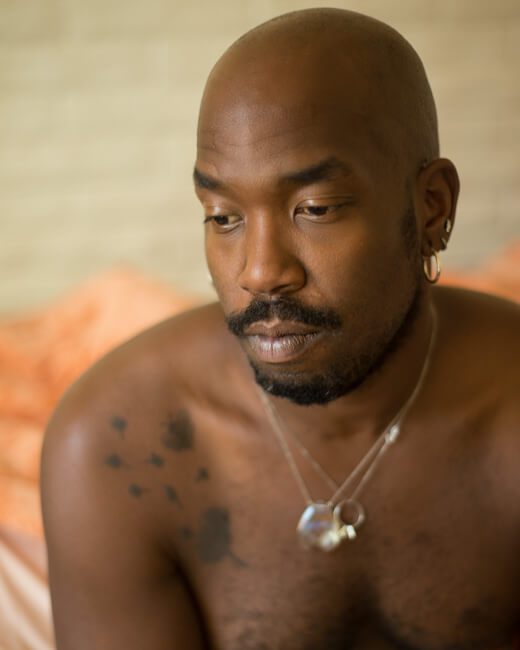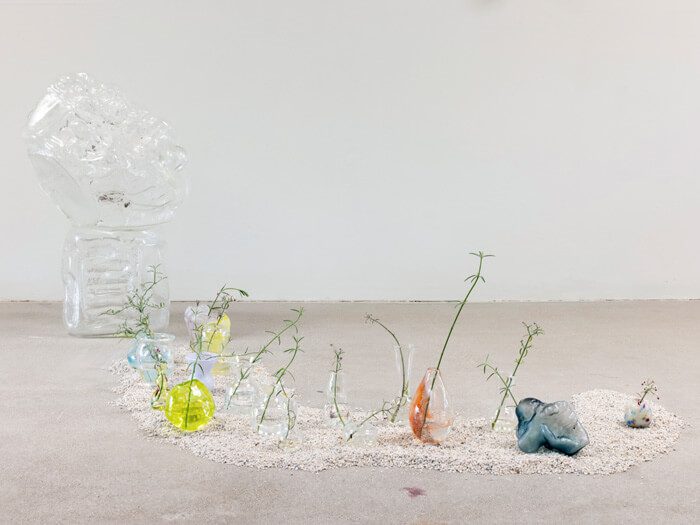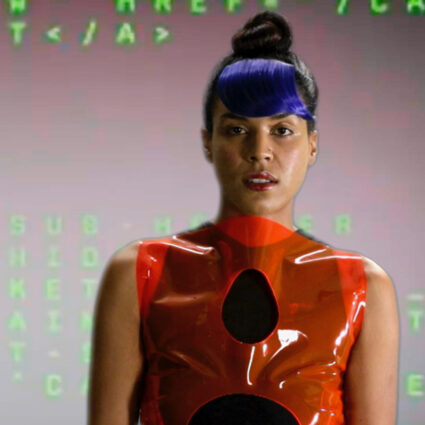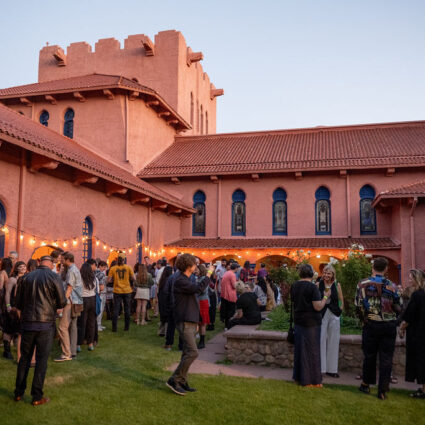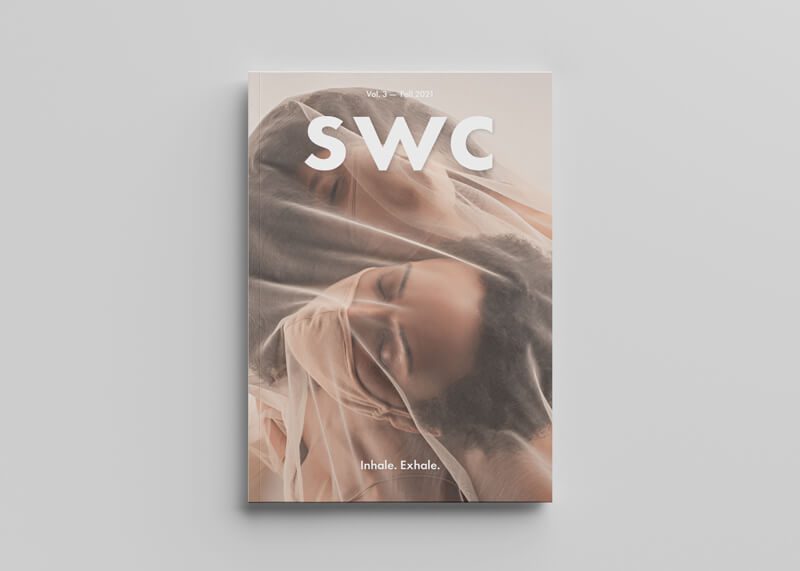
We often take for granted the simple act of breathing, until, of course, it becomes difficult. When George Floyd was killed as his breathing was restricted while being held to the ground on May 25, 2020, social justice movements mobilized in an effort to stop and denounce the repeated killing of Black and Brown people at the hands of law enforcement. The simple act of breathing is necessary and unconscious, but only if we are lucky enough to have that breath travel both in and out. As some exhale at this moment when the pandemic is shifting, we are coming to terms that nothing will ever be the same as before. Questions are being drawn about what the future will look like and we wonder, will there be more cultural equity or a forthcoming reckoning? The artists in this issue of Southwest Contemporary magazine address our current cultural climate and offer a poetic and political reflection of the times while highlighting artistic practices in the Southwest.
Several artists address possible futures of intimacy, beginning with Kayla Collymore and Donna Crump’s performance of bodies interacting. In their work, the dancers’ actions are triggered by the events of the last year, embracing each other while covered in veils and face masks, representing both healing and resistance. Apolo Gomez’s photographic portraits center around desire, dislocation of the artist’s identity, and relationships with male-identified people through a queer lens. Sara Hubbs utilizes what she calls the “shelf-life of the female body” by exploring connections between consumer waste products and her own transgenerational relationships with her daughter and her mother. Her unique approach to sculpture brings together recycled materials with new approaches to glass-making, bringing a fresh perspective to how these objects embody notions of protection, care, and resilience.
The selected artists reflect a desire to help build and connect physical and emotional tolerance during our current time while also questioning our intimate relationships with one another.
—Julio César Morales
